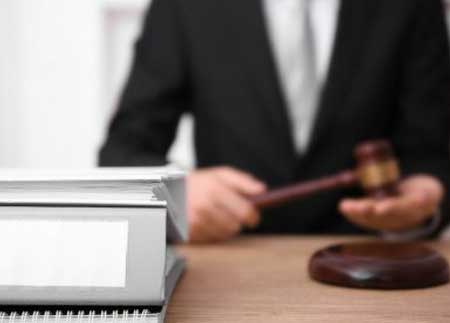Is a Defense Lawyer and Criminal Lawyer the Same?

The terms “defense lawyer” and “criminal lawyer” can seem confusing. On the surface, they may appear interchangeable, but they have subtle differences. Understanding these roles can help you see how they apply to legal cases. Think of it like comparing two types of builders. Both can construct homes, but one might specialize in roofing while the other focuses on foundations. Let’s break it down.
What Is a Defense Lawyer?
A defense lawyer is someone who defends people accused of wrongdoing. This role can extend beyond criminal cases. Defense lawyers handle both civil and criminal matters. In civil cases, they defend people or businesses facing lawsuits over things like money disputes or injuries. In criminal cases, they represent people accused of crimes, from misdemeanors to felonies. Their job is to protect the rights of the accused and ensure a fair trial. Defense lawyers can work in private practice, for a law firm, or as public defenders appointed by the court.
What Is a Criminal Lawyer?
A criminal lawyer focuses only on criminal cases. They defend people accused of breaking the law and may also work as prosecutors who bring charges against individuals. Criminal lawyers understand criminal law inside and out. They deal with charges like theft, drug possession, assault, and even serious crimes like murder. Their role involves investigating evidence, negotiating with prosecutors, and presenting arguments in court. Criminal lawyers aim to reduce penalties, dismiss charges, or secure not guilty verdicts for their clients.
Key Differences Between Defense and Criminal Lawyers
The main difference lies in the scope of their work. Defense lawyers handle a wide range of cases, while criminal lawyers specialize in crimes. A criminal lawyer is always a type of defense lawyer, but not all defense lawyers are criminal lawyers. Imagine a historical figure like Clara Barton, who provided aid to soldiers during the Civil War. She focused on helping the injured, while others worked on broader issues like strategy and logistics. Similarly, criminal lawyers focus solely on criminal cases, while defense lawyers cover more ground.
Another difference is the settings where they work. Defense lawyers might defend someone in a personal injury lawsuit one day and a criminal trial the next. Criminal lawyers, however, deal only with violations of the law. The skills and expertise required for these roles often overlap. Both types of lawyers need to build strong cases, cross-examine witnesses, and argue effectively in court. Yet, a criminal lawyer’s deep knowledge of criminal statutes sets them apart.
Why the Distinction Matters
Knowing the difference can help you choose the right lawyer for your situation. If you face a criminal charge, hiring a lawyer who specializes in criminal law can be a game-changer. Their experience in this area means they understand the stakes and how to navigate the legal system. If your case is civil, a general defense lawyer might be a better fit. Think of it like seeing a doctor. For a broken arm, you go to an orthopedic specialist. For general health concerns, you visit a family doctor. Choosing the right lawyer ensures you get the best possible representation.
When to Seek Help
Facing legal issues can feel overwhelming. Having a knowledgeable lawyer on your side makes all the difference. Criminal cases can impact your freedom, reputation, and future. Working with a skilled criminal lawyer ensures your rights are protected every step of the way. From building a defense to negotiating plea deals, they focus on minimizing the impact of the charges against you. Civil cases may not carry the same penalties, but they can still have significant financial and emotional consequences. A defense lawyer helps you navigate these challenges.
Take Action Today
Whether you need a defense lawyer or a criminal lawyer, it is essential to act quickly. Legal matters require careful attention and experienced representation. If you are facing criminal charges or have questions about your legal options, do not wait. Visit Britt Criminal Defense to learn more about how we can help you. Take control of your case and start protecting your future today.





